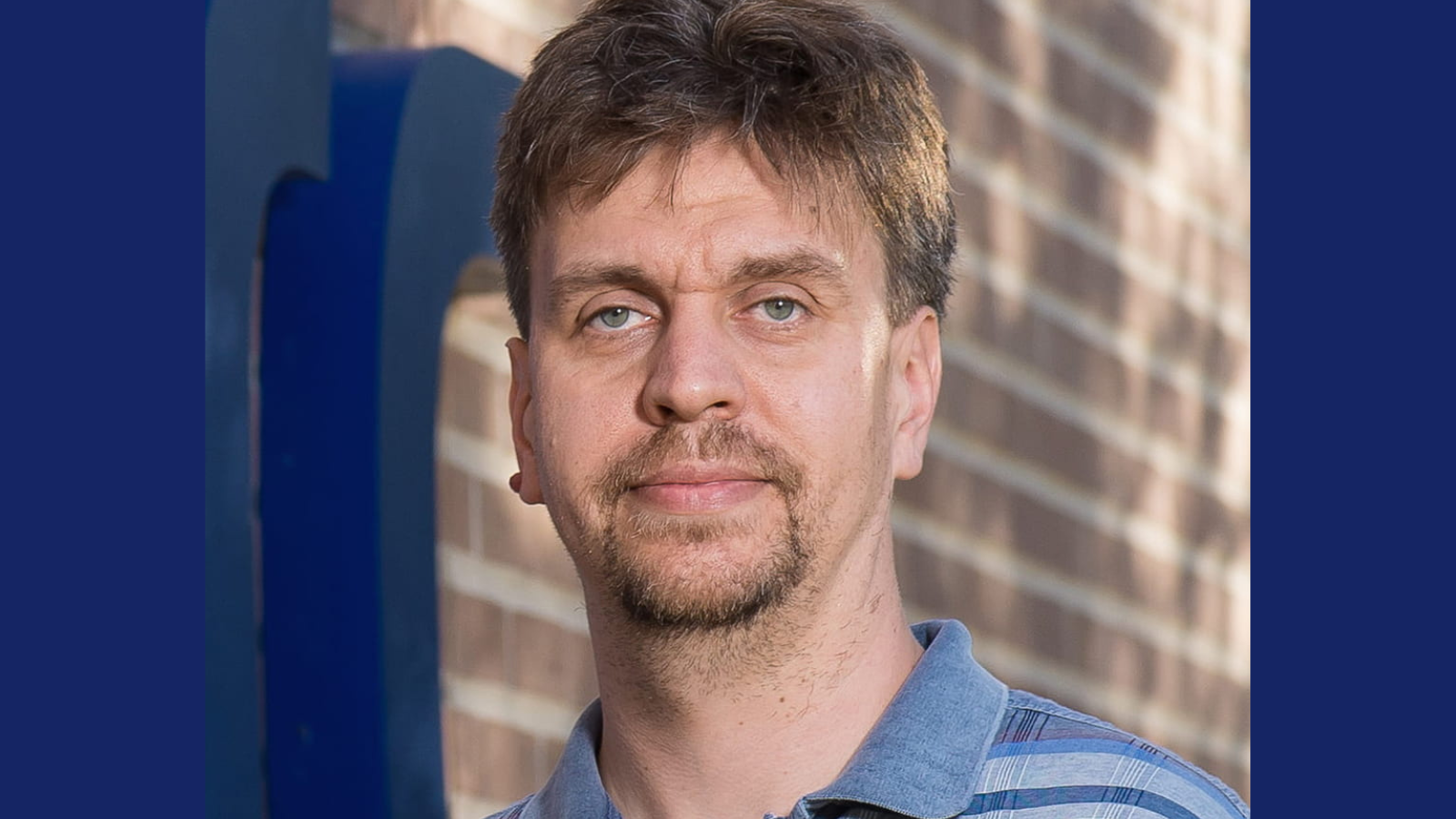Oleg Igoshin, professor and associate chair of bioengineering at Rice University, has been selected as a collaborator for AstraZeneca’s most recent CoSolve Open Innovation challenge to advance molecular glue drug discovery. This CoSolve initiative seeks academic, startup and biotech innovators to address real research challenges with the aim of accelerating the delivery of transformative therapies.
Molecular glue (MG) is a powerful modality to tackle disease-causing proteins that are difficult to target by other drug discovery approaches. MG achieves this through its ability to precisely target specific proteins and bind to and stabilize interactions between them, which can be leveraged to interrupt molecular processes associated with disease. MG has significant promise in drug discovery, particularly for cancers, autoimmune diseases and neurological disorders. However, the computational models currently used to identify and optimize MGs remain underdeveloped.
The Cellular Systems Dynamics Lab led by Igoshin will contribute expertise in computational systems biology to address this challenge, developing computational and mathematical models that can yield actionable insights into MG kinetics and binding pathways. Through this program, the research team aims to advance the understanding of MGs with the goal of accelerating the development of next-generation MG-based therapies.
“This project aligns really well with our group’s areas of focus, and we are excited to have been selected to participate in the program,” Igoshin said.

